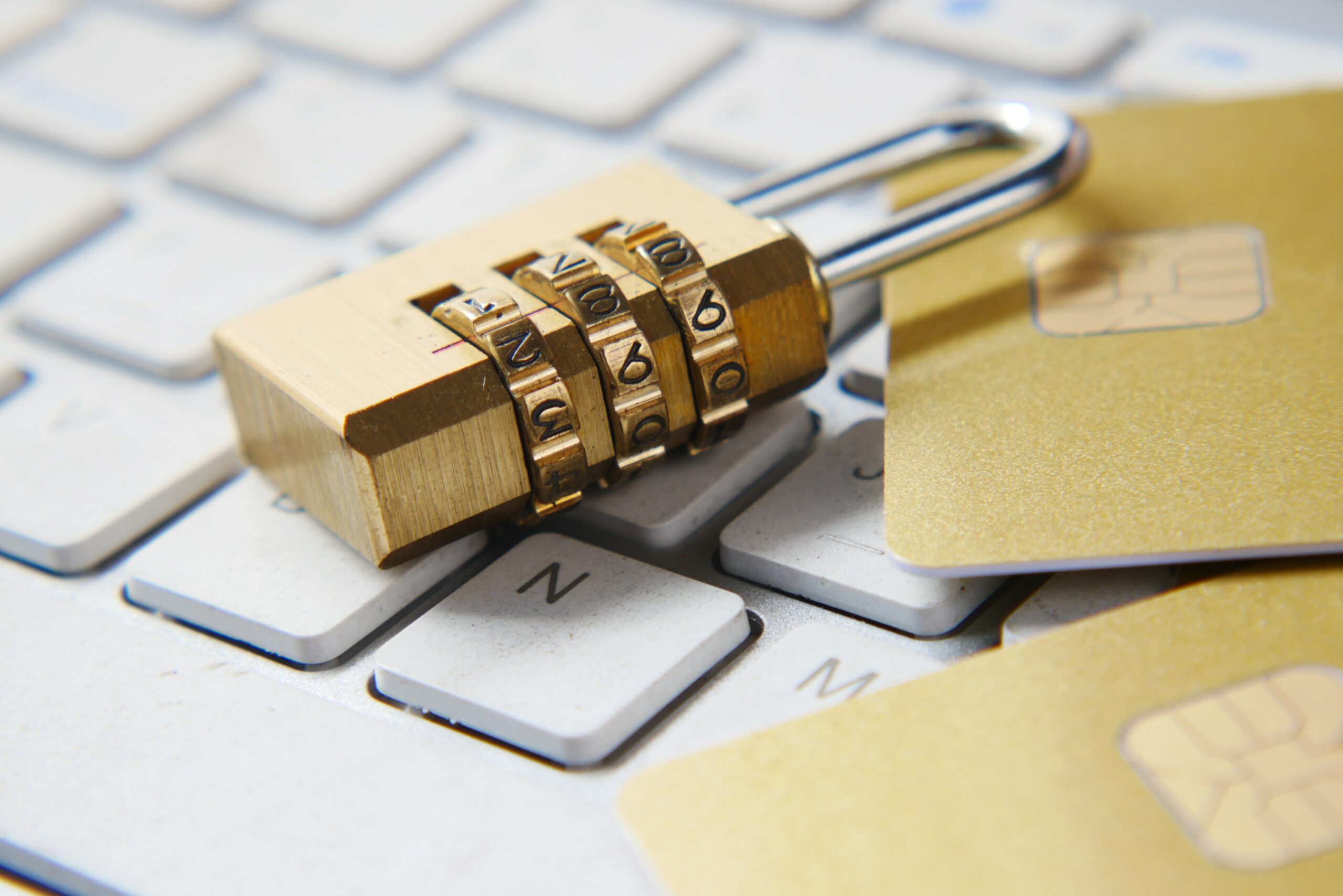In the modern business world, data privacy has become increasingly important. With the increasing amount of sensitive information that businesses collect and store, it is more important than ever to protect this information from unauthorized access and theft. In this article, we will explore the importance of data privacy in our business and why it should be a top priority.
Maintaining trust and confidence
Maintaining trust and confidence is crucial in any business. Clients need to feel that their confidential information is being protected and kept confidential. If a business fails to protect client data, it can lead to a loss of trust and confidence, and clients may take their business elsewhere. By prioritizing data privacy, businesses can demonstrate their commitment to protecting their clients’ interests and maintaining their trust and confidence.
Complying with regulations
Data privacy regulations are becoming increasingly strict, and businesses that fail to comply with these regulations can face significant penalties. For example, the General Data Protection Regulation (GDPR) in Europe imposes fines of up to 4% of global revenue for non-compliance. By prioritizing data privacy, businesses can avoid the risk of penalties and ensure compliance with relevant regulations.
Reducing the risk of data breaches
Data breaches can have serious consequences for businesses, including financial losses, reputational damage, and legal liabilities. By prioritizing data privacy, businesses can reduce the risk of data breaches by implementing appropriate security measures, such as firewalls, encryption, and access controls. Regular training on data privacy best practices can also help reduce the risk of data breaches due to employee error or negligence.
Improving overall business performance
Prioritizing data privacy can also have a positive impact on overall business performance. By protecting confidential information and maintaining client trust, businesses can improve customer satisfaction, increase customer retention, and generate positive word-of-mouth referrals. Compliance with data privacy regulations can also help businesses avoid legal liabilities and reduce the risk of reputational damage.
Here are some of the best practices we use to protect user data.
Data discovery: A first step in data protection, this involves discovering which data sets exist in the organization, which of them are business critical and which contains sensitive data that might be subject to compliance regulations.
Encryption: Alters data content according to an algorithm that can only be reversed with the right encryption key. Encryption protects our data from unauthorized access even if data is stolen by making it unreadable.
Data erasure: Limits liability by deleting data that is no longer needed. This can be done after data is processed and analyzed or periodically when data is no longer relevant. Erasing unnecessary data is a requirement of many compliance regulations, such as GDPR.
Authentication and authorization: Controls that help us verify credentials and assure that user privileges are applied correctly.
Data privacy is essential for businesses that handle confidential information. We understand the importance of protecting confidential data, maintaining trust and confidence, complying with regulations, reducing the risk of data breaches, and improving overall business performance. By prioritizing data privacy, we can ensure the safety and security of confidential information and build long-term relationships with our clients.
